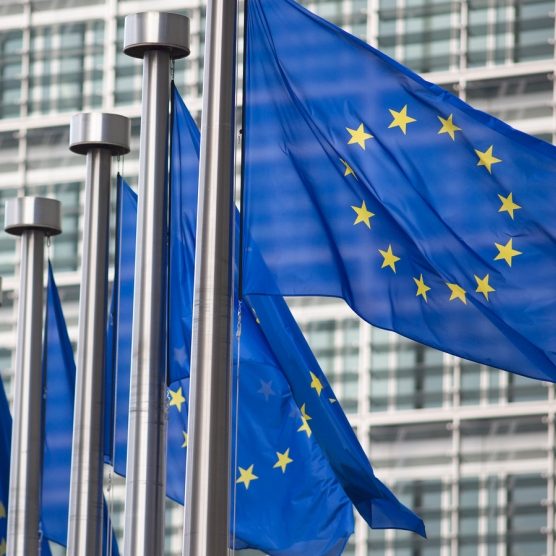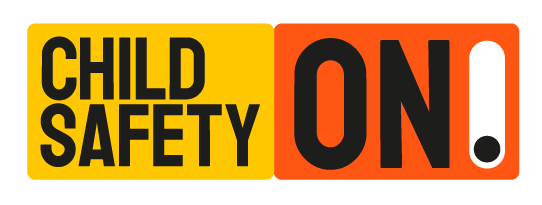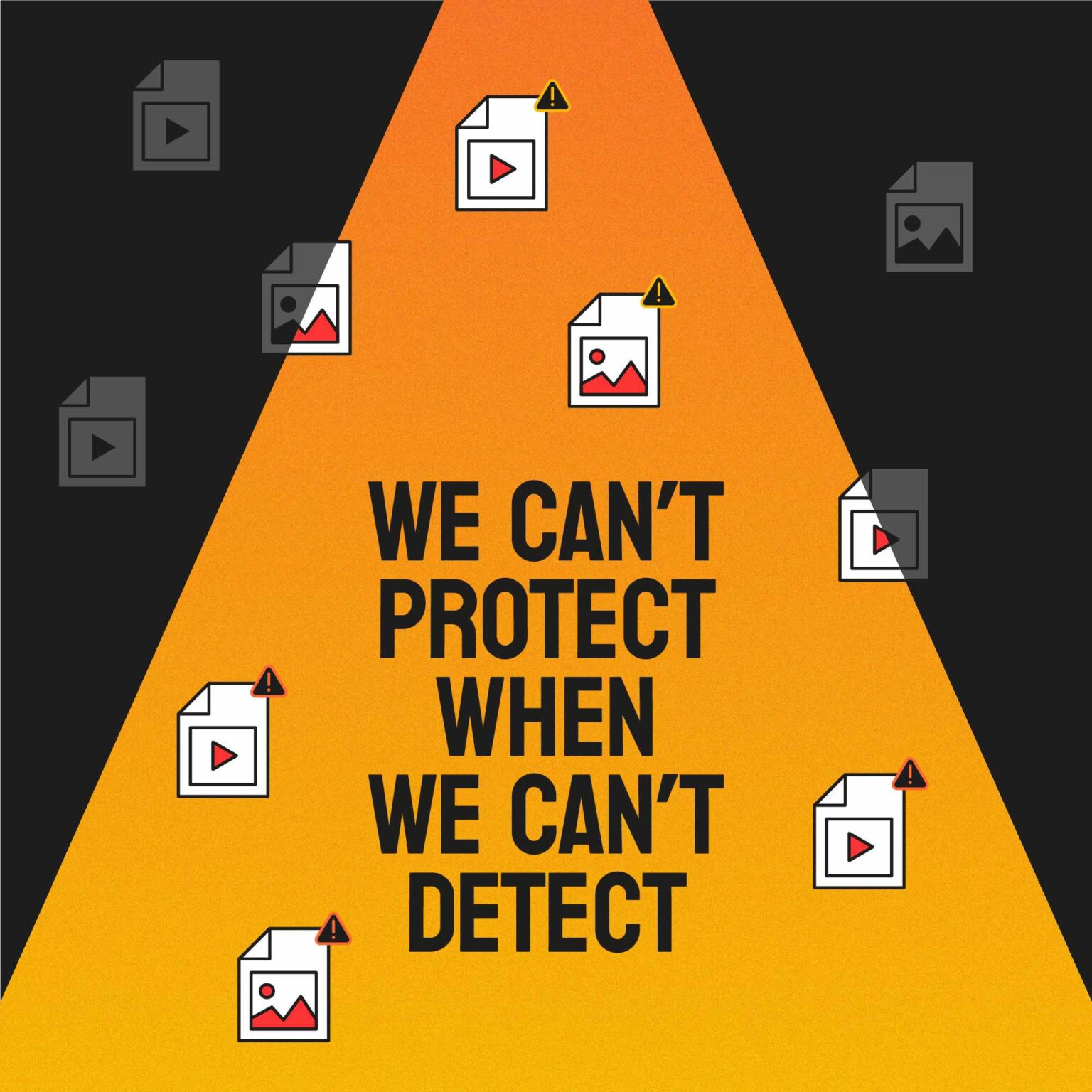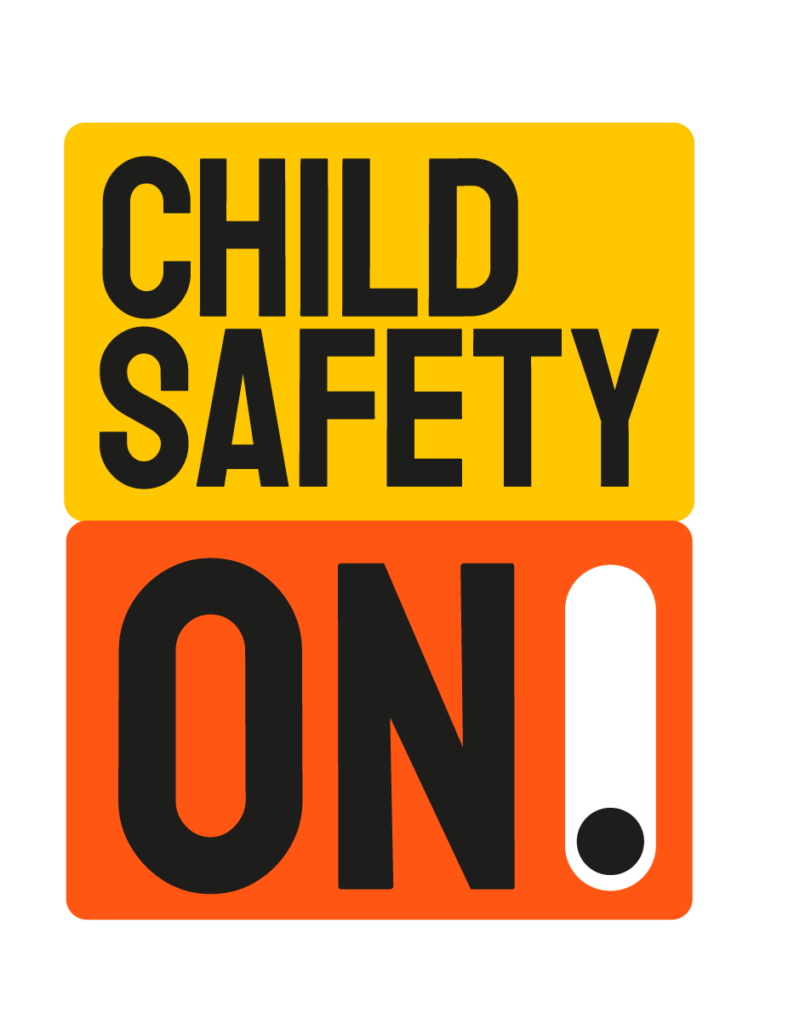As child sexual abuse online increses every year, it is clear that the long-running practice of relying on tech platforms to self-regulate is not working. Effective, long-term solutions to counter the proliferation of child sexual abuse and exploitation online lies in government regulation. With such regulations drafted or already in place in Australia, the United Kingdom, and the United States, all eyes now turn to the leadership of the European Union.

The proposal will provide much-needed clarity on what technology companies must do to prevent, detect, report, and remove child sexual exploitation and abuse online. It contains two key strands:
It is essential for all stakeholders, inclusing online service providers, to step up and share information when a child sexual abuse crime occurs, when a child is at risk, or when they can contribute to preventing a child from being harmed. With this new proposal, the European Commission is creating a rulebook on how and by whom that information must be gathered, and how it is to be used to protect children while respecting users’ privacy online.
ECPAT and child rights organizations across the EU and beyond share a common mission: protecting children from online sexual abuse and exploitation.While the internet offers incredible opportunities for learning, communication, and creativity, it can also pose dangers to children, as some individuals may seek to harm them through abuse. Our collective goal is to create a safe online environment for kids. ECPAT encourages EU politicians to support the proposed regulation, making child safety online a reality in the European Union.

In a recent survey conducted by ECPAT International member organisations across the EU, we found out that there is widespread public support for the European Union to introduce longer-term legislation that will keep children safe online. As tech companies continue to introduce end-to-end encryption onto their platforms for users’ privacy, it is critical that they are required to implement the necessary child safety tools and features:

Most of us have willingly agreed to use tools like malware and spam filters that protect our online safety by storing some of our data. Similarly, the technology designed to spot child sexual abuse material is a highly targeted measure. It efficiently removes evidence of child sexual abuse from the internet. Learn more.
This is about real children and their right to live healthy, safe, and secure lives in digital and physical environments.
These technologies safeguards the dignity and privacy of survivors whose abuse is shared online, acts as strong deterrent for criminals, and ensures online platforms don’t support criminal content exchange. So, let’s ask ourselves: Do we view spam and malware filters as privacy violations? Do we want child sexual abuse material circulating online any more than we want to deal with malware or spam?


What do the EU citizens really think about data privacy and child protection online?
How far are we to ensure Child Safety Online in the EU? A timeline of events.
Why Does Online Child Protection Matter? Here is ECPAT Project Beacon to explain why
ECPAT welcomes European Commission’s proposal to prevent and combat child sexual abuse
What is ECPAT doing to ensure Child Safety Online in the EU?
Comment, like, and share to help us get the word out! #EUvsChildSexualAbuse #ChildSafetyON
Twitter | Facebook | Instagram | Linkedin